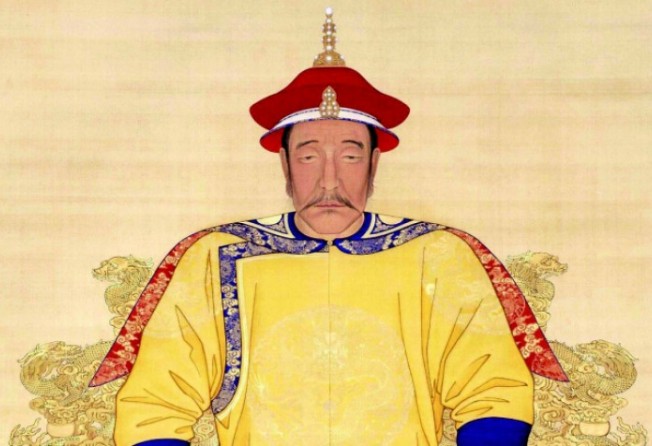Where Do Hongkongers Get Their Unusual Names?

Hong Kong is home to some interesting names that go beyond the usual curious appellations. There’s more to the city than our Winsons and our Kelvins, our Apples and our Samsons.
For much of it, you can thank the Portuguese. Macau has always seemed more open to crossing the racial divide than the British—blame those hot Latin temperaments instead of your standard British rectitude, perhaps—and as a result there are many in Hong Kong and Macau who claim a mixed Chinese-Portuguese heritage. It’s reflected, most evidently, in our names. Even today, you’ll meet Chinese-speaking Macanese who have Portuguese names but no Chinese ones—or even Chinese and English names that diverge.
So there’s Court of Final Appeal judge Roberto Alexandre Vieira Ribeiro, in Chinese simply 李義—Lee Yi. Or there’s legislator and MTR executive Abraham Razack, also known as Abraham Shek. Or even singer, actress, cooking show host “Fat Mama” Maria Cordero, whose Chinese name is just 瑪俐亞—Ma Lei-ya.
Read More: Oxford English Dictionary Just Added "Wet Market"—But Why Are the Markets Called That?
Read More: Can You Up Your Chances of Winning the Mark Six?
Read More: How Did Hong Kong Tell Time Before Digital Watches?
But you don’t need the European influence to have an unusual name: China has that covered all on its own, thanks to a long history of different cultures mixing and matching. You might readily think of Chinese names as being made of two parts: A one-character surname and a one or two-character given name: “Leung Chun-ying” or “Li Ka-shing,” for example. But that isn’t always the case. In fact, Chinese has a wealth of what’s called “compound surnames”: last names which have more than one character. They have their roots in Chinese history, deriving often from occupations, titles or simply when one clan married into another—much like double-barreling in the west. And while many of these names have passed out of usage, some are still alive and well today.
Take legendary and dearly missed democracy campaigner Szeto Wah. “Szeto” was actually his last name, and originally meant “Minister over the Masses”—an ironic name for this fearless champion of self-determination. Or then there’s “Ouyang,” in Cantonese Au Yeung (歐陽)—which means “South of Mount Ouyu,” in Zhejiang Province. It’s one of the most common compound surnames in Chinese: TVB actor Bobby Au Yeung or rapper MC Jin Au Yeung, for example. Of course, it’s never that straightforward: Hong Kong racing driver Darryl O’Young isn’t mixed-race, he’s actually an Ouyang, whose name has been Romanized with an Irish twist.
And of course, there’s the golden family, the Aisin Gioro clan. If you meet one, you should be bowing and scraping, because the House of Aisin Gioro are the Manchu monarchs of China’s Qing Dynasty, who ruled China from 1644 until 1912. What’s in a name? An awful lot, if you’re an Aisin Gioro…